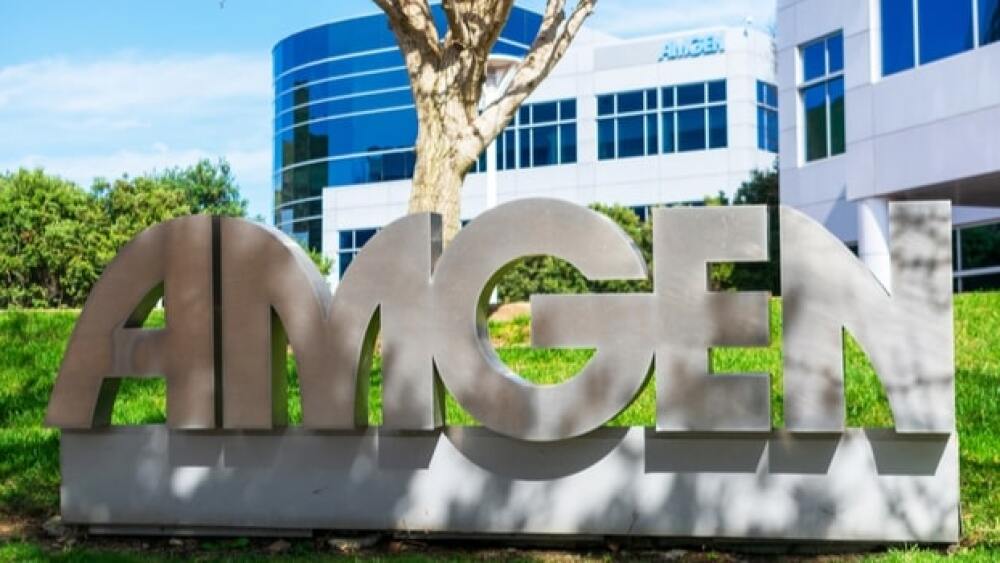Amgen is in the process of eliminating hundreds of U.S. jobs, the majority of which are centered on the company’s sales team, according to a recent sales call.
Michael Vi / Shutterstock
Amgen is in the process of eliminating hundreds of U.S. jobs, the majority of which are centered on the company’s sales team, according to a recent sales call. The California-based company indicates these layoffs will enable Amgen to make investments in other opportunities, such as new product launches and R&D operations.
In an announcement of the company’s fourth-quarter and full-year 2020 financial results, Amgen reported a 9% growth in sales of $25.4 billion. Volume growth primarily contributed to these gains, but lower net selling prices, as well as the pandemic, offset the overall gains.
The announcement also focused on the company’s 2021 pipeline and its potential for future growth. The pipeline includes sotorasib, Amgen’s KRAS-inhibiting cancer drug. Last week, the company announced positive data on the drug and its hopes for ultimate approval this year following its filing for approval to the U.S. Food and Drug Admission in December. Amgen announced in late January that sotorasib received Breakthrough Therapy Designation in China.
Amgen’s abrupt layoffs are not completely surprising, as the company has consistently refocused, repurposed and shifted its personnel for years. In 2019, Amgen reported plans to cut 172 jobs at its Thousand Oaks, Calif.-based headquarters and field operations. The reported plans followed the company’s announcement that it planned to cut another 149 staffers.
The cuts corresponded with the company’s shift away from its focus on neuroscience to oncology, cardiovascular disease and inflammatory disease. It also announced plans to expand its presence in the China market. Amgen expanded its China presence in November 2019, taking a 20.5% stake in BeiGene. “This strategic collaboration with BeiGene will enable Amgen to serve significantly more patients by expanding our presence in the world’s most populous country,” said Robert A. Bradway, Amgen’s chairman and chief executive officer, in a statement.
“Cancer is a leading cause of death in China and will only become a more pressing public health issue as the Chinese population ages,” added Bradway. “With its extensive commercial and clinical capabilities within China and a commitment to global quality standards, BeiGene is the ideal strategic collaborator as we seek to make a meaningful difference in the lives of millions of cancer patients in China and around the world.”
But its focus on oncology hit a snag recently after the company announced it had halted and killed up to five cancer programs.
Despite the recent layoffs, Amgen announced a three-year Golden Ticket sponsorship of the BioLabs LA at The Lundquist Institute (TLI) life sciences co-working space, which the company says will “accelerate the development of new therapies, medical devices, and diagnostics to advance and improve human health.”
Amgen will launch the “Amgen Golden Ticket” award each year for up to three years. Winners of the award will receive lab space at BioLabs for one year, in addition to facility benefits as well as connections to scientific and business leaders at Amgen. “Recognizing the growing biotech ecosystem in Southern California, Amgen’s sponsorship of the Golden Ticket with BioLabs aims to further foster early-stage life science companies right in the backyard of Amgen’s headquarters,” said Philip Tagari, Ph.D., vice president of Therapeutic Discovery at Amgen, said in a statement. “It’s very rewarding to be part of the growing energy, reach, and enthusiasm of the many talented scientific entrepreneurs across the broader Los Angeles area. BioLabs is a model for how life science startups can grow and thrive in a rapidly emerging bioscience community.”





